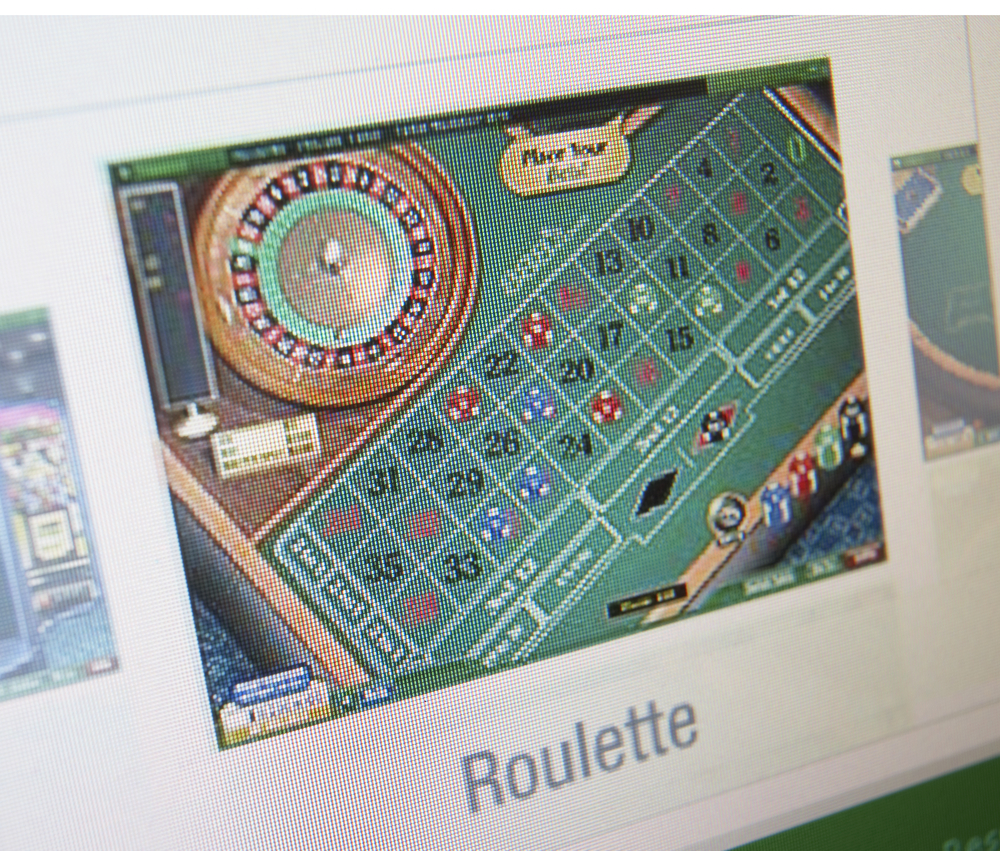
Casino entertainment have long been an integral part of human culture, offering not just entertainment but a captivating reflection of our aspirations, dreams, and fears. From the turning reels of a slot machine to the tactical play of poker, these games embody a spectrum of human feelings and incidents. At their core, casino games are not just a chance to earn cash; they are a reflection of life itself, where danger and gain merge and luck can change in an eye blink. tỷ lệ kèo nhà cái
As players gather around tables or sit in front of vibrantly illuminated machines, they engage in a ceremony that transcends mere playing. These games mirror our natural desires for social interaction, adventure, and the quest for chance. They also disclose deeper truths about human nature, such as our relationship with chance and the excitement of the unknown. In exploring casino games, we discover not only the rules of play but also the intricate pattern of the human experience, showcasing our interconnected narratives of hope and reality.
The Psychology of Gambling
Wagering is intrinsically connected in human psychology, tapping into various emotions and wants. The thrill of risk-taking is a fundamental aspect that draws players in, be it it’s thrill of spinning a roulette or the excitement of drawing a winning card in a poker game. This adrenaline is often compared to other forms of excitement, as the unpredictability of outcomes triggers a distinct psychological response. Players often become entranced by the chance of striking it rich, leading to an almost magnetic draw toward casino games.
Additionally, an essential component of the psychology behind gambling is the concept of hope and ambition. Players often nourish dreams of financial freedom and the opulent lifestyle that can follow winning. This hope fuels their continued participation in casino games, as it provides a sense of meaning and the belief that a transformative win could be just one wager away. The narrative of beating the odds and finding success resonates with many, reinforcing their dedication to play and involve themselves with these games.
Finally, social dynamics play a significant role in gambling psychology. Gambling venues are designed to foster social interaction, where gamblers gather to share the experience of wins and losses. This communal aspect not only amplifies enjoyment but also affects behavior, as individuals often mimic the actions of others in their vicinity. The social validation found in mutual thrill can magnify the emotional experience, making casino games a reflection of not just personal desires but also collective engagement within the gaming community.
## The Dual Nature of Risk and Reward
Gambling activities embody the fragile balance between danger and reward that resonates deeply with the human experience. The excitement of placing a bet is often accompanied by a rush of adrenaline, as players are confronted with the possibility of winning big, yet cognizant of the risk to lose. This twofold experience reflects a fundamental aspect of life: the decisions we face often come with inherent risks, and the chase for gain can drive us to embrace risks we might not normally consider. In this way, casino games mirror real-world choices, enticing players to gamble not just their money, but also their hopes.
The allure of jackpot prizes and payouts fuels a feeling of positivity, inspiring players to dream of a better future that could emerge from a single victorious spin of the roulette or flip of a card. This hope can drive individuals to engage in greater risks, urging them to push their boundaries in search of economic benefit. However, just as in life, the outcomes of these decisions can lead to both triumph and loss. The narratives of both big winners and those who have faced losses everything at the casino demonstrate the random nature of chance and its impactful effect on our existence.
Ultimately, the interaction of engaging with casino games serves as a vivid illustration of the nature of humanity. Every session played is filled with the tension of risk, as gamblers weigh the gains against the risks. This dynamic not only highlights the excitement that comes with betting but also exposes the vulnerabilities that come with the desire for more. As we navigate the complexities of decision-making and consequence in both the gambling world and in life, we find that the quest for gain shapes our identities and journeys in significant manners.
Community and Solitude in Gambling Environment
Casino culture is a distinct combination of social interaction and individual pursuit, reflecting the tensions of individual experience. Gamblers often gather around tables, experiencing in the thrill of the action, rejoicing in wins, and sympathizing over losses. This communal aspect is essential, as it establishes a sense of belonging and camaraderie among varied groups of individuals. Regular attendees to casinos may form friendships and develop routines, turning the casino into a alternative home where they feel linked to a larger community of players.
However, the attraction of gambling activities can also lead to isolation. As players become engrossed in the thrill of gambling, they may withdraw from personal relationships or fail to interact with the environment outside the gaming space. For some, the search of a windfall can distract from real connections, leading to loneliness. The experience of being surrounded people yet experiencing solitary is not rare, as the focus shifts from collective fun to the private stakes of each player’s journey.
This interplay of society and solitude creates a rich tapestry that defines casino atmosphere. It showcases the intricacy of social interactions, where joy and despair exist together. Phân Tích Nhận định bóng đá Casinos serve as both a sanctuary for social engagement and a platform for individual challenges, demonstrating how intimately entwined our yearning for companionship and the individual quest for wealth can be. In navigating this landscape, players confront their own stories—seeking both the thrill of the wager and the companionship of fellow players, ultimately mirroring the wider spectrum of individual experience.
